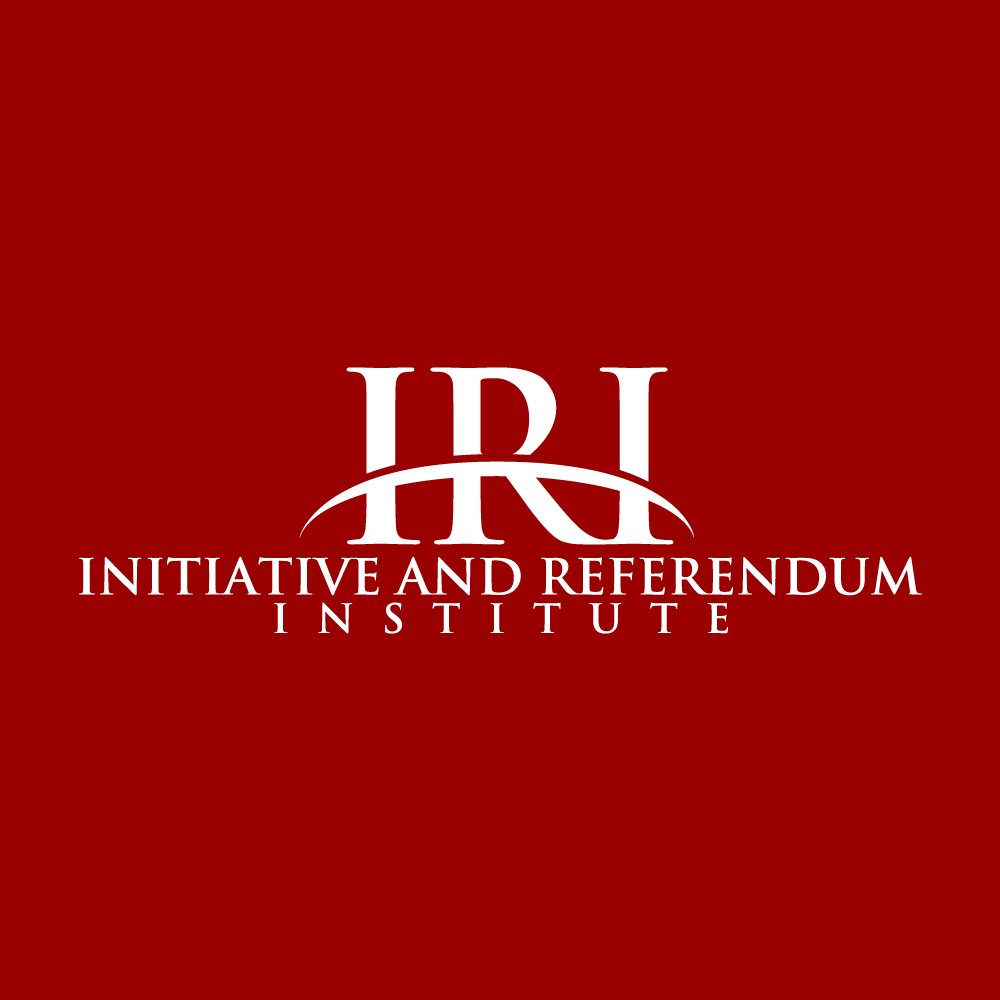Nebraska
Nebraska allows initiatives and referendums at both the state and local level.
In 1897, Nebraska became the first state to provide the initiative and referendum for general use in cities. The law, sponsored by state Representative A.E. Sheldon, allowed citizens in each city and other municipal subdivisions to place initiatives and referendums on the ballot with petitions signed by 15 percent of voters. However, the law required the electorate approve the use of I&R before they could go into effect. The first cities to enable the initiative and referendum were Omaha and Lincoln in 1907.
The state-level initiative and referendum were adopted in 1912. Early adoption efforts were led by Walter Breen of Omaha. Breen, a native of London, emigrated to the United States at age 17. After settling in Omaha, he became a successful real estate salesman, secretary of the Omaha Philosophical Society, and an organizer of the Populist Party of Nebraska. Direct legislation supporters, many of them prohibitionists, were thwarted by liquor interests until 1911. Support from presidential candidate William Jennings Bryan, who wrote, "I know of nothing that will do more than I&R to restore government to the hands of the people and keep it within their control," helped push an initiative and referendum law through the legislature in 1911. In 1912, Nebraska voters approved the constitutional amendment adopting I&R with 189,200 in favor and 15,315 against. One reason for the lopsided total was that the state's ratification procedure counted blank ballots as "yes" votes.
Initiatives have not been common in Nebraska, with only 46 such measures appearing on state ballots through 2006, an average of less than one per election cycle. The first initiative, in 1914, a constitutional amendment to grant women the right to vote was defeated, with 53 percent of the (all-male) electorate voting no. Also in 1914, two referendums were held on legislative acts, one that provided workmen's compensation and the other that funded a new armory. Voters upheld the workmen's compensation law but repealed the armory funding. In 1916, voters approved a statewide prohibition amendment.
The state's most famous initiative was a 1934 constitutional amendment that created the nation's only unicameral state legislature. U.S. Senator George Norris, a New Deal Republican who is best known for his bill creating the Tennessee Valley Authority, led the unicameral campaign on the grounds that a two-house system was outdated, inefficient, and unnecessary. The vote was 60 percent in favor and 40 percent against.
In the postwar period, the focus of initiatives shifted to a different set of issues. In 1966, voters narrowly adopted a measure that prohibited a state property tax. Tax and expenditure measures were also on the ballot in 1990, 1996, 1998, and 2006, all of them failing. Term limit measures fared better, with successful initiatives in 1992, 1994, and 2000.
More recently, gaming has been a recurrent issue, with three measures in 2004 that would have allowed gambling if approved by local communities, and a measure in 2006 that would have legalized keno video machines. Voters consistently refused to legalize gambling, approving only one measure establishing tax rates on gambling that would have applied if gambling had been legalized.
